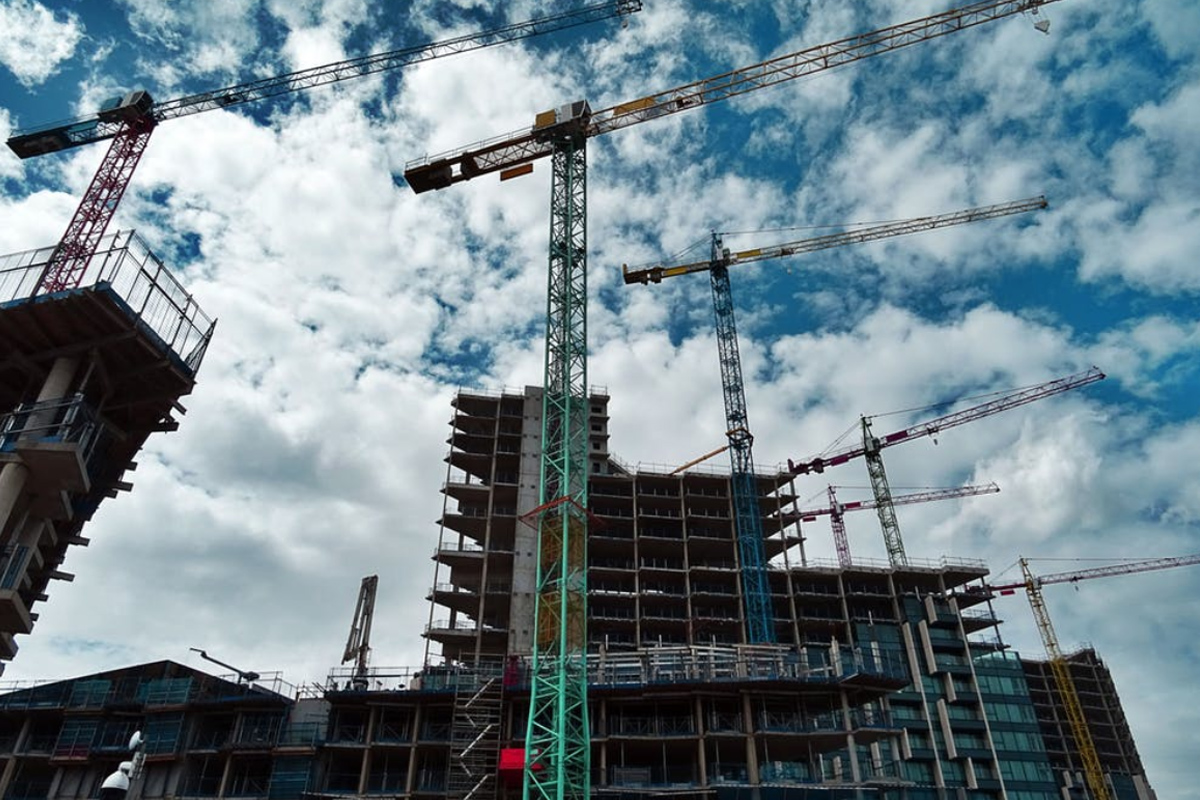During the last month, HERA asked members to endorse or reject a draft policy statement that “all critical building work independent of building material should be required to have reliable third party verification enforced by the MBIE-driven regulatory framework”.
With the support of SCNZ, HERA described a pathway for a joint journey to get to this point from a steel construction industry perspective. Forty-seven member companies supported the policy draft against four no-support votes on the grounds that the statement was either not strong enough or lacking full support as further qualification of details and certainty that it will work in practice was required before a full yes-vote could be given.
Considering that voting was largely from member companies which directly would be involved in the conformance scheme, such as steel fabricators and members of the steel supply chain, this is a very strong endorsement for the proposed policy position and is welcomed at the time where the steel supply chain is in the news for non-conforming steel quality.
The following summarised comments were made by respondents in the consultation process, which no doubt will be considered when developing the compliance scheme for the sector.
How will reliable third party verification be determined?
This question is paramount for many. For steel products will it be by independent third party certification such as e.g. delivered by ACRS for steel and steel reinforcing products or third party accreditation of a company owned testing lab testing supplied product under a specific standard as e.g. provided by IANZ? There are many options including from established systems and providers and these all need to be worked through with the stakeholders in terms of what is deemed acceptable.
Confusing terminology?
What is certification versus verification versus accreditation? The list of system described is wide and requires careful study. We need to understand what is on offer, check that it is fit for purpose, not reinvent the wheel and overall provide a reliable solution to demonstrated quality assurance.
SFC scheme certification to ISO 3834 versus existing IS0 9000 series certification?
For steel construction the tailored SFC scheme certification is clearly a workable solution, but what if you are already maintaining certification to the ISO 9000 series of standards with a focus on welding such as some of our pressure equipment fabrication members? Does this not add an additional layer of compliance and is this really required for those companies?
Consider steel supply market implications?
It is easy to say we require that all steel products used in steel construction for Importance Level 3 and 4 buildings would have to come via ACRS or other creditable certification-provider certified supply chains. However, our Australasian market is small and some key suppliers may not be willing to comply with our requirements creating potentially supply bottlenecks which we may not want as a risk for our industry.
Particularly the structural hollow section market may be a challenge and an acceptable solution may require us looking at equivalent steels to other than our traditional standards and supply channels in order to get third party certified product supply.
With such a convincing vote in favour of the policy statement, HERA takes the outcome of the consultation as a strong support for acting and advocating on the recommendations as put in the consultation process and embarking with our industry on the described journey.
For building industry:
- To evolve industry sector driven third party product conformance schemes first on a voluntary basis and as a preparation for the schemes becoming mandatory
- To work with the regulator to prepare the frame work for the developed schemes to become mandatory
For building system regulator (MBIE):
- To determine in co-operation with industry what is critical building work which warrants formal third party verification
- To establish in co-operation with industry the frame work of a sector overarching building product conformance system
- Following substantial progress being made, make the sector overarching building product conformance system mandatory
- Enforce mandatory system and ensure that any breaches of conformance be dealt with swiftly and with penalty
In case you have overlooked the original HERA request for feedback on the policy draft, you can still do so by going back to the original request.

